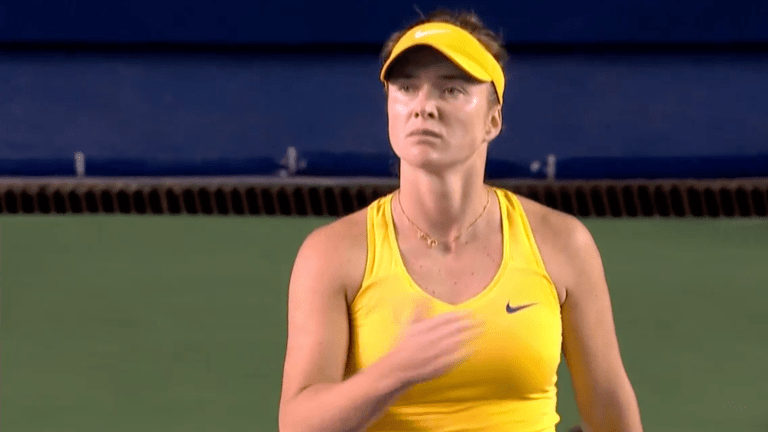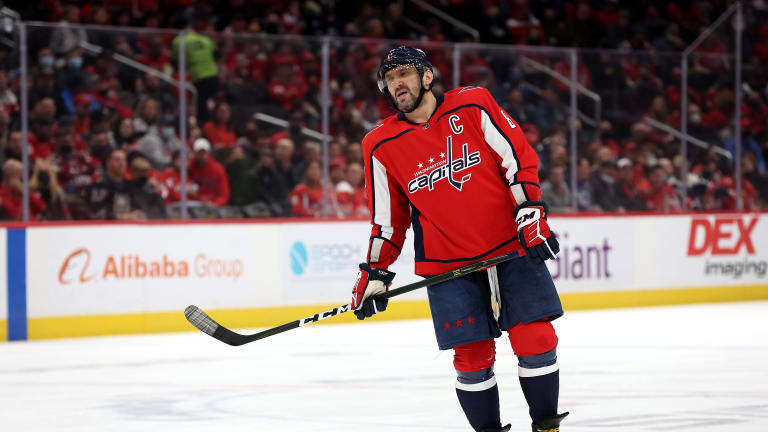WTA Monterrey, Mexico
Ukraine's Elina Svitolina and Sergiy Stakhovsky are paragons of courage at a time when actions speak far louder than words
By Mar 02, 2022WTA Monterrey, Mexico
Linda Noskova, Lulu Sun advance to Monterrey Open final, with each seeking 1st WTA Tour title
By Aug 24, 2024WTA Monterrey, Mexico
Leylah Fernandez saves 5 match points to beat Camila Osorio in Monterrey final
By Mar 07, 2022WTA Monterrey, Mexico
Leylah Fernandez reaches fourth WTA final of career in Monterrey, Osorio awaits
By Mar 06, 2022WTA Monterrey, Mexico
Fernandez back in "special city" and getting more wins
By Mar 04, 2022WTA Monterrey, Mexico
Where are all the WTA tournaments in South America?
By Mar 01, 2022WTA Monterrey, Mexico
18-year-old Leylah Fernandez captures first WTA title in Monterrey
By Mar 22, 2021WTA Monterrey, Mexico
Svitolina battles past Bouzkova in three hours for Monterrey title
Mar 09, 2020WTA Monterrey, Mexico
Svitolina Soars: Sweeps past Rus to enter Monterrey's final round
By Mar 07, 2020WTA Monterrey, Mexico
Elina Svitolina cools off Leylah Fernandez's hot streak in Monterrey
By Mar 07, 2020Ukraine's Elina Svitolina and Sergiy Stakhovsky are paragons of courage at a time when actions speak far louder than words
The two tennis players put us in mind of their nation’s courageous president, Volodymyr Zelenskyy, when platitudes such as "world peace" can ring hollow.
Published Mar 02, 2022
Advertising

Ukraine's Elina Svitolina after her emotional, first-round win over Russia's Anastasia Potapova in Monterrey (watch match point above).
Advertising
Advertising

Alexander Ovechkin will be under a microscope for his support of Vladimir Putin.
© Getty Images